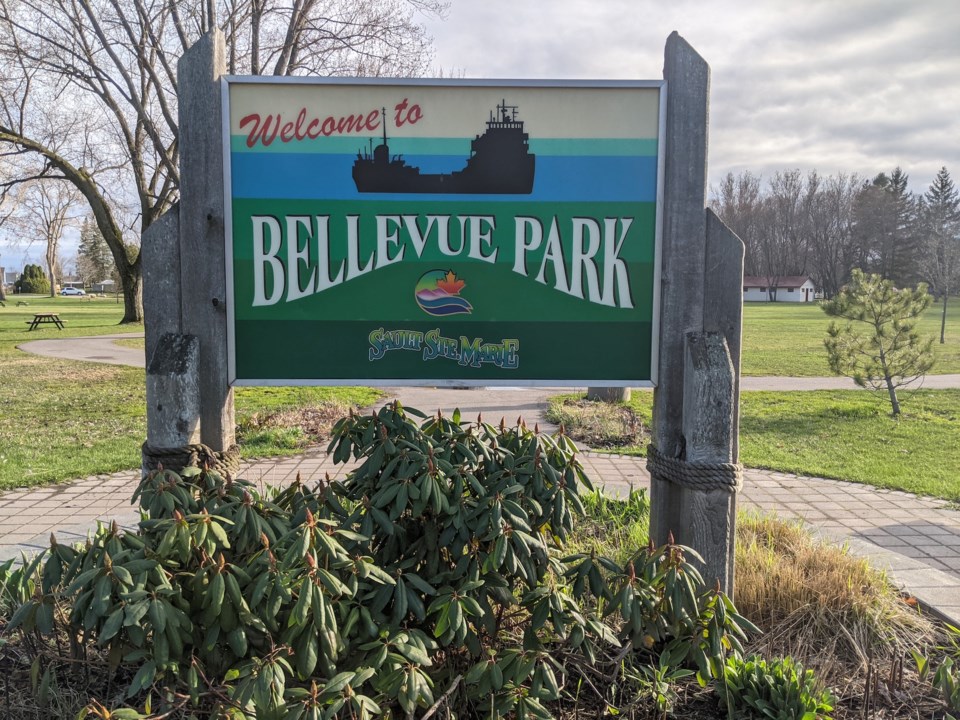Grass may not be greener in Sault Ste. Marie, at least in the eyes of those tasked with reducing our greenhouse gas emissions.
Dr. Erik Emilson from Great Lakes Forestry Centre thinks we might be better off with a little less grass.
"I was just at Bellevue Park this morning," Emilson told a recent meeting of the city's environmental sustainability committee.
"I noticed all the industrial lawn-maintenance machines running around. It made me remember reading a study that had suggested in the near future, emissions from lawn-maintenance equipment are actually going to in some areas exceed emissions from vehicles."
"I think it's not hard to imagine," Emilson said, "because there's a lot of pressure on car manufacturers to reduce emissions and there's no pressure on lawn equipment manufacturers."
Emilson doesn't want us to do away entirely with grassy lawns.
"I think lawns play an important role if they're managed properly. But I also think there might be room in the city plan to look more closely at emissions from that equipment."
He suggests converting some of Bellevue Park's beautiful lawns to pollinator gardens.
"Reducing the area that's mowed – that might be a way to set an example for the community," Emilson said.
He proposed replacing five or 10 per cent of Bellevue's lawns with pollinator gardens – with pathways allowing visitor access – and also switching to lower-emission lawn maintenance equipment.
"There's problems that come with battery-operated equipment too, but if reducing greenhouse gases is a goal, then it does lend to that," he added.
"That's really interesting, Erik," said Ward 3 Coun. Donna Hilsinger, the committee chair. "I know I love my electric lawn mower. Had it for a few years. I just love it."
Dr. Pedro Antunes, a biology professor and Canada Research Chair at Algoma University, talked about his experiences as a runner in Sault Ste. Marie.
"I often experience what Erik just mentioned. This is four seasons. The same goes for snowblowers," Antunes said.
"Not only is this equipment sometimes diesel or mixture, equipment that has high greenhouse gas emissions and odours, there's also a lot of noise."
"The city has bylaws around noise, but this entire subject is to be looked at as one, as a whole."
"It's hard as a runner to go around town because of that, and because of the motorcycles. But I'll stop there," Antunes said.
Emily Cormier, the city's climate change coordinator, commented that Sault Ste. Marie's greenhouse gas inventory didn't look at off-road transportation emissions.
Thought was given to buying local fuel-consumption data, Cormier said.
"You can't assume all of that fuel that was purchased in Sault Ste. Marie was used here."
"It may be purchased here and then burned outside of the city limits."
Cormier said she's nonetheless planning consultations with local schools to explore involve students in things like tree-planting and pollinator gardens.
